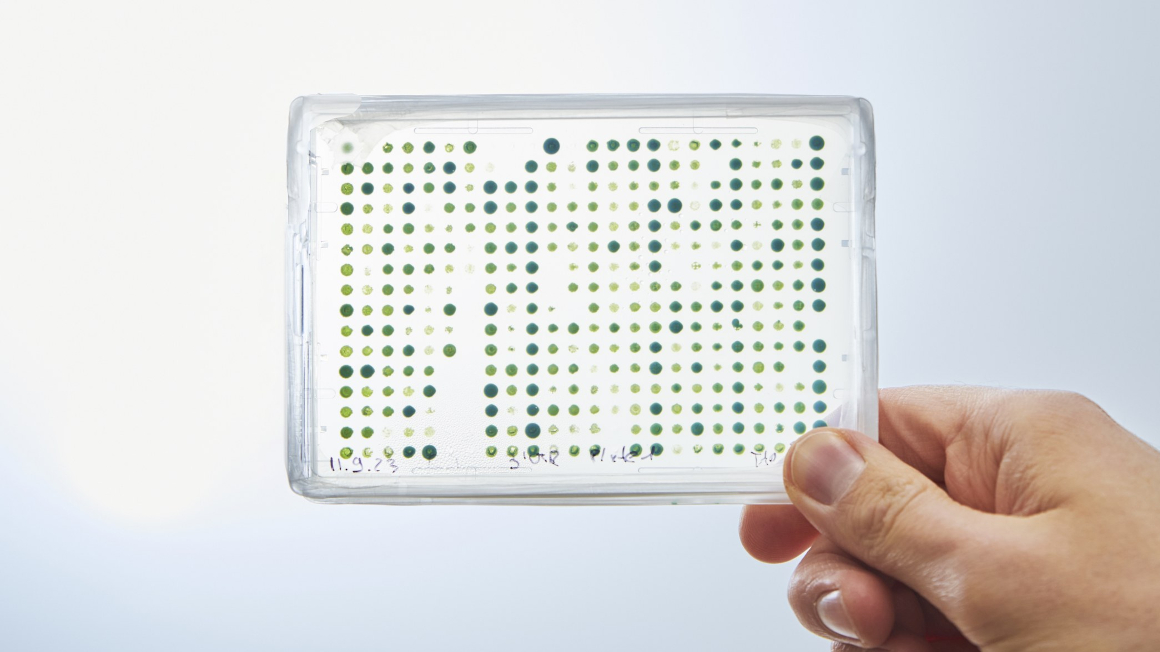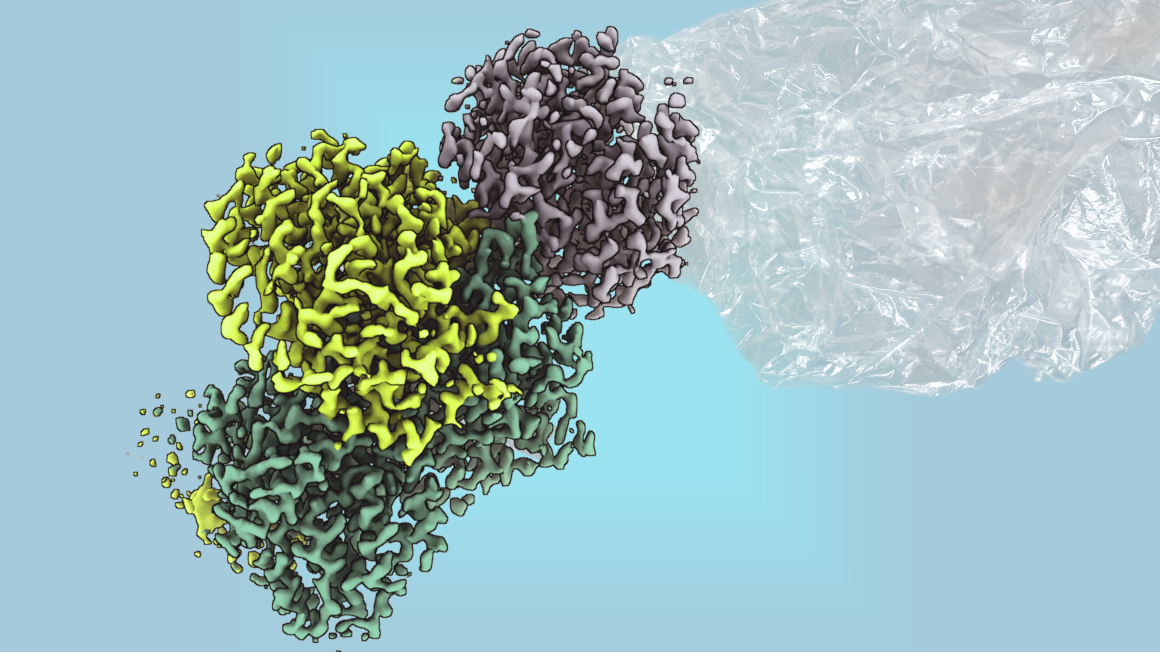High-speed plant research
Researchers at the Max Planck Institute for Terrestrial Microbiology and Philipps University of Marburg have developed an automated platform that enables high-throughput research into genetic changes in chloroplasts for the first time.

Chloroplasts are the ‘light power plants’ of plant cells and are responsible for photosynthesis. They host numerous metabolic processes that are of great interest for biotechnological innovations. The targeted incorporation of genes into these organelles is considered particularly safe and precise. However, there is currently a lack of scalable methods for efficiently testing genetic building blocks. Researchers at the Max Planck Institute for Terrestrial Microbiology and Philipps University in Marburg have now developed a test platform that, for the first time, enables plant chloroplasts to be tested using a high-throughput method.
Microalgae platform advances genetic research on chloroplasts
With the help of the new microalgae platform, genetic changes in chloroplasts can be analysed and tested at high speed. As the team writes in the journal Nature Plants, the microalgae Chlamydomonas reinhardtii was used for this purpose. According to the study, more than 140 gene-regulating DNA elements of the algae were described. ‘With our new method, it will be possible in future to combine several genes stably in chloroplasts and predictably coordinate their activity. This is a crucial step in identifying which changes could have potential,’ explains René Inckemann, who carried out the work in Tobias Erb's research group.
Development of climate-resilient plants accelerated
According to the researchers, the new platform not only opens up possibilities for synthetic biology, but also significantly speeds up the development of climate-resilient plants. ‘By transferring only the most promising variants into more complex plant models, the development chain from idea to field trial is accelerated, which also saves resources,’ says Inckemann.
Moreover, the DNA library can be used in other laboratories. With the help of the platform, the Marburg team has created an important basis for improving plant resilience, but also for producing new carbon fixation pathways or high-quality natural substances. ‘Such key technologies are important for targeted research – at a pace that matches the urgency of the task in the face of climate change,’ emphasises Tobias Erb.
bb


